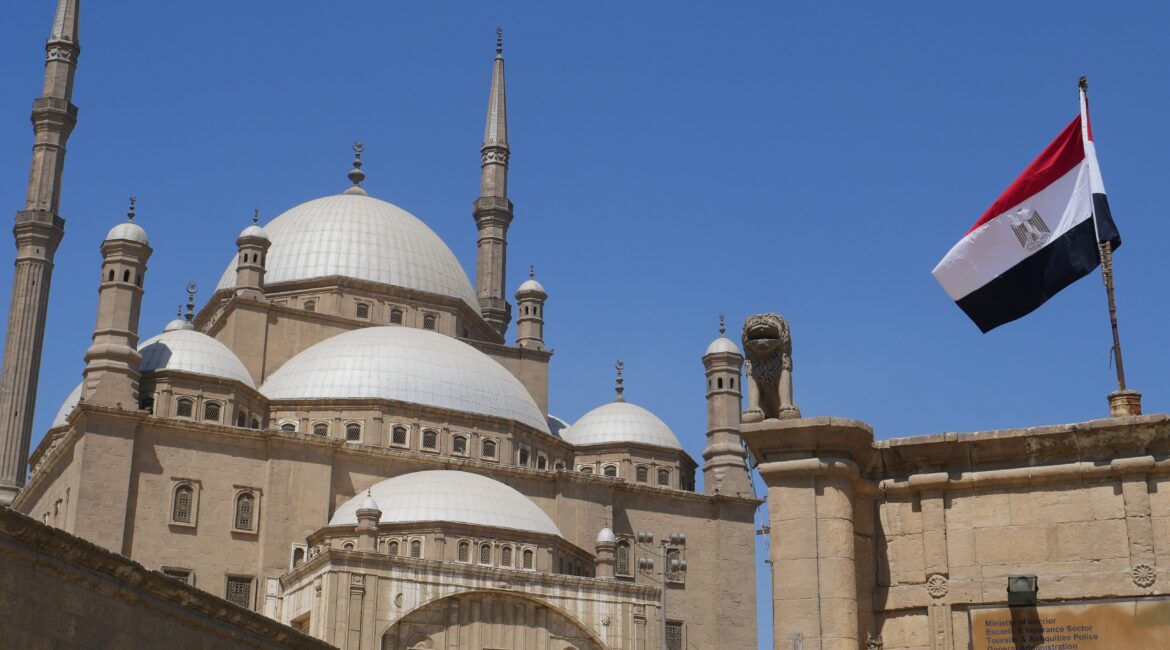Eight Egyptian army soldiers have been killed and wounded in recent anti-terrorism operations in the in the northern Sinai. Tension between the Egyptian army and extremist militants had decreased in north Sinai in the past months, with the latest operation led by the army announced on Dec. 8, 2020. Earlier this month, the Egyptian army said that it had killed 89 IS-affiliated insurgents after the militants launched attacks on security forces which killed eight soldiers.
Egypt has been battling jihadists in the northern part of the Sinai Peninsula for years. The trigger for the current conflict in Sinai was the 2011 Arab Spring uprising, which toppled the government of Hosni Mubarak. Violence and instability there intensified after the 2013 military ouster of Mohammed Morsi, an elected but divisive Islamist president, amid nationwide protests against his brief rule. Militant groups in Sinai have been influenced by wider developments in the region and by wider militant jihadist ideologies and movements. In recent years, the most significant influence has been from Islamic State. Sinai is considered a new arena for Islamic State; after losing ground in Syria and Iraq, the group’s focus seems to be shifting to North Africa, notably Egypt and Libya.
Islamic State (IS) regularly targets civilians, foreigners, and Egyptian military personnel. IS' Wilayat Sinai branch has frequently attacked Egyptian security forces. Wilayat Sinai is one of IS's most active affiliates in North Africa and will likely remain a potent threat for the foreseeable future. The group launches weekly attacks, targeting security forces, religious minorities, and civilians accused of working with the military.
In February 2018, the Egyptian army launched a wide campaign against armed and extremist groups and terrorist outposts under the name of “Sinai 2018” with the aim of drying up the sources of support for “takfiris,” and striking at their means of supply and areas of refuge. The campaign reduced terrorist operations and significantly decreased their frequency. In recent years it seemed that Wilayat Sinai was forced to adopt a defensive strategy, which operated little against rural settlements, but remained established in the desolate dune areas southwest of el-Arish, where it could survive and avoid a decisive conflict with the Egyptian army.
Egypt is a fairly popular African country, which borders the Middle East. Its security situation is dynamic and the threat of terror is quite high, although it is believed that planned attacks are generally aimed at security forces or government buildings. Terrorism will only be eliminated through cooperation between the state and the locals of Sinai. „The state needs to use their help instead of only pointing fingers at them. We have reached the point where almost all members of tribes are considered suspects”.
„Even if the government succeeds in putting an end to the attacks, it will never succeed in putting an end to the radical, extreme and revenge-seeking resentment. It is a seed that eventually, in many cases, grows into an armed terrorist or militant organisation”(Mohammad Sabry, cited in Graham-Harrison, 2015).
Egyptian army vs. Islamic State

